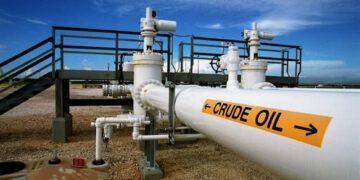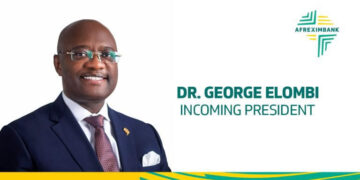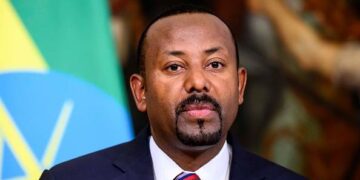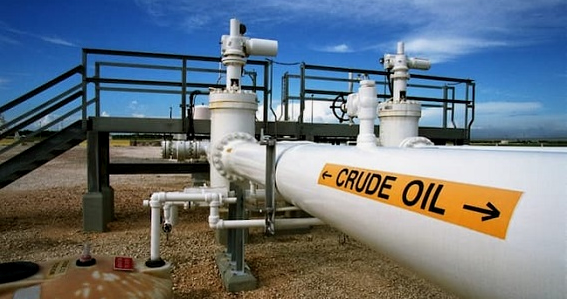By John Ikani
Brent oil on Wednesday surpassed $90 per barrel to strike the highest level for more than seven years, rattled by geopolitical tensions in Ukraine and supply concerns in the Middle East.
The contract added more than 2%, hitting $90.07. West Texas Intermediate crude futures, the US oil benchmark, also advanced more than 2% to $87.43 per barrel.
“This has been coming for a while and even over the last week when prices were easing a little, there was little hope that it would lead to any kind of significant pullback,” OANDA analyst Craig Erlam told AFP.
“With the price now above $90 and gathering momentum once more, it may just be a matter of time until it’s flirting with $100.
“The fundamentals (of supply and demand) remain bullish for oil prices and the prospect of a Russian invasion of Ukraine will only increase the risk premium.”
Implication to Nigerian Economy
Over the past months, oil prices have continued to surge as countries relaxed lockdowns and dropped travel restrictions.
The current price is higher than the $62 per barrel oil benchmark in the 2022 budget signed by President Muhammadu Buhari last December.
On Wednesday, Zainab Ahmed, Minister of Finance, Budget and National Planning said the Nigerian National Petroleum Corporation (NNPC) submitted a bill of N3 trillion to cater for petrol subsidy in 2022.
The Federal Government had suspended plans to remove fuel subsidy from July, due to “high inflation and economic hardship” — proposing an extension of 18 months before deregulation of the oil sector in line with the Petroleum Industry Act.
With current realities, Nigeria is expected to earn an extra $28 on every barrel of crude sold — but the country’s subsidy shortfall payments will erode the gains.
In December 2021, subsidy payment gulped N270 billion, amounting to N1.43 trillion in annual expense, shrinking revenue accrued to the federation account.



































